The Black Theatre Network
Past, Present & Future
“The priest departs. The divine artist arrives.”—Walt Whitman
In the vibrant bacchanal that exists under the rubric “theatre,” I have lived many lives: actor, director, musician, composer, playwright, educator, participant viewer, casual observer, and spect-actor. I have been schooled in theatre for social change, imbibed the theories of Peter Brook, Bertolt Brecht, Augosto Boal, Aristotle, and Horace. I have altered my consciousness through the writings of August Wilson, David Henry Hwang, Adrienne Kennedy, Joseph Chaikin, Molefi Asante, Paul Gilroy, Errol Hill, Alice Childress, James Hatch, Maria Irene Fornes, and Wole Soyinka. And still, for the life of me, I can’t come up with a definition that encompasses all the modes of theatre that move, inspire, excite, frighten and (sometimes) depress me through the illumination of what it is to exist as a human.
Thank heavens for performance studies! The academy has let me off the hook over the last few decades and given me a new language that more fully expresses (and allows for) my confusion. Circus, spectacle, ritual, magic, even notions of social change—what a marvelous mélange of possibilities! Beginning, middle, and end seem to have rearranged themselves into some post-modern apocalyptic space that I no longer have to comprehend. In fact, comprehension seems to hardly be the point. If I can’t figure things out, and have the compunction to keep trying, then it’s my problem and no one else’s.
In his keynote address to the NoPassport Conference on March 1st, 2013, New Dramatists Artistic Director Todd London implored playwrights in the development process to “Please please please please don’t lose the problem.” London was reminding authors (and all of us) to keep the kernel of what started the churning of ideas that led to the creative work, and to avoid the goal of a smooth “product” neutered and sanitized for an imaginary audience. One hundred and ten years earlier, in The Souls of Black Folk, noted intellectual and cultural theorist W.E.B. Du Bois opined that, “The problem of the twentieth century is the problem of the color line.”
The Black Theatre Network (BTN) was founded on that fault-line, where race and art and culture created conflicting narratives and needs. BTN came into existence in 1986, a full sixty years after the ever-prescient Du Bois asserted that black theatre should be “By us….for us….about us…near us” (CRISIS Magazine, 1926). When I attended my first BTN conference in 1996 in New York City, I was amazed at the camaraderie, the diversity, and the genuine spirit of celebration that animated the proceedings. I joined the BTN Executive Board in 1998 as assistant secretary and served as secretary until 2002. In the ensuing years as I continued to pursue my various careers, I attended BTN conferences and made contacts and fostered relationships that would have an important impact on my future prospects both as a playwright and a professor. In 2010 I was elected vice president of BTN during Los Angeles Conference, and (in keeping with our constitutional process), I became president in 2012.
In the biosphere of American theatre, BTN has played an essential role in promulgating the study and performance of works rooted in the experiences of the African Diaspora. BTN’s membership encompasses a wide range of voices, opinions, and attitudes. Scholars, students, educators, artists, designers, and practitioners come together in our conferences and regional gatherings to present, debate, deconstruct, and attend to the nurturance of black theatre. Our organization is in every aspect a democratic and consensus building entity, open to all the voices that shape American theatre today—never losing sight of the unique contributions that diverse people(s) have made at every stage of dramatic development.
BTN’s website, directory, and list serve are vital resources for a community that seeks information and professional opportunities. Through our StudentQuest program, BTN has trained generations of young people to prepare for careers in performance. The S. Randolph Edmonds Young Scholars Awards has been instrumental in expanding research opportunities for students to examine aspects of the theatre of the African Diaspora. And at the 2013 annual conference in Winston-Salem, North Carolina, BTN will initiate the Larry Leon Hamlin Legacy Award, which is named for the late founder of the National Black Theatre Festival (NBTF). This award will acknowledge the unique women and men who sustain the vision of a cultural institution past the departure of the founder(s).
Some of BTN’s past (and upcoming) collaborations include the International Colloquium with the NBTF, which brings together scholars from around the world to share research on the evolving nature of the theatre and performance studies; a play reading series with the African American Playwrights Exchange (AAPEX) geared to moving works from “the page to the stage” and actual productions, and institutional support of Project1Voice in its mission to coordinate national days of performance to reintroduce plays of the black theatre canon. In 2016, BTN and ATHE (Association for Theatre in Higher Education) have agreed to jointly hold their 30th anniversary conferences in Chicago as a sign of solidarity and common purpose.
These are just a few of the samples of how BTN’s mission, to focus on community building in the theatre, has successfully exposed the world(s) to the beauty of a multitude of voices, to new ways of thinking about theatre or performance studies or whatever label is current. The Black Theatre Network is an inclusive, welcoming, expanding conglomeration of people who understand that a culture is a confluence, and that its many parts come in all shapes and colors and sizes. BTN reaches across generations, connecting the “old guard” theater practitioners and founders with those at the cutting edge of thought and practice. Our goal is to introduce them to each other, on common ground, with a common purpose—the celebration of a theatrical heritage that is often marginalized in mainstream narratives. Red, yellow, black, white, and brown members have found a haven of artistic excellence (and artistic license?) at BTN and benefited from our work of recovery and discovery. Our goal is to explore critical thought and consciousness in the drama of the African diaspora, and to share the seeds of our examination with all those who seek to understand and wish to know more.
Come join us!

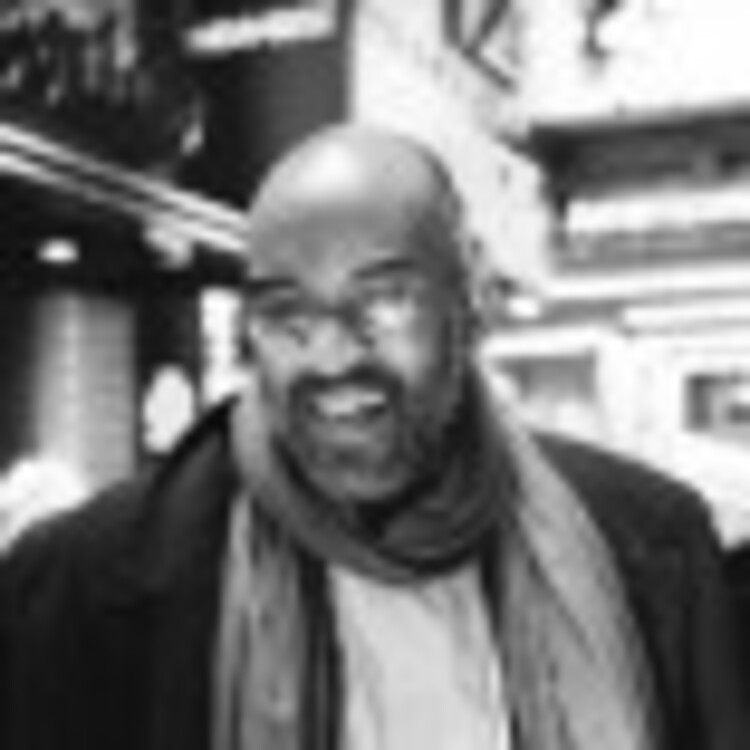
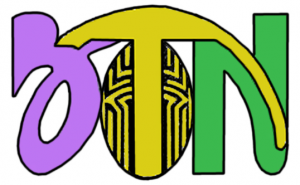
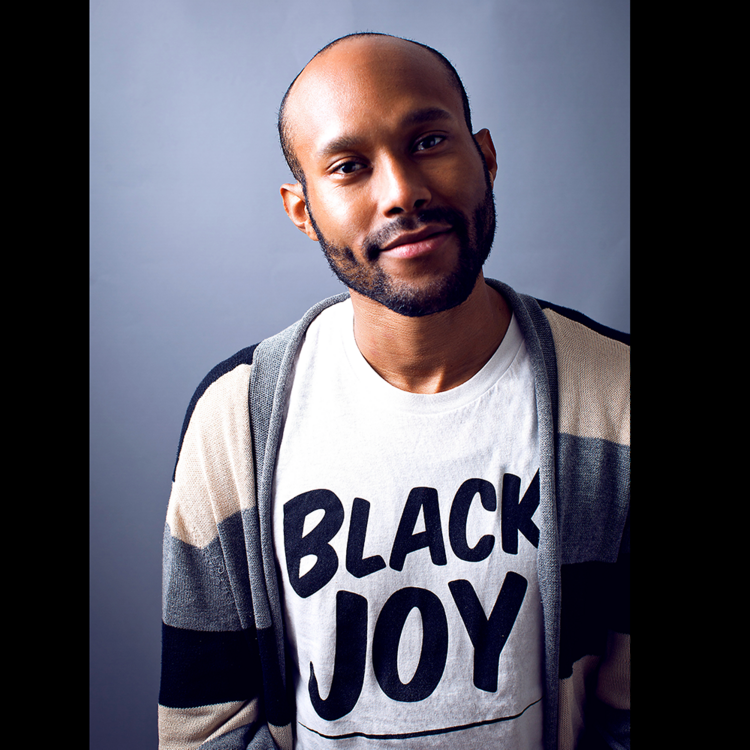
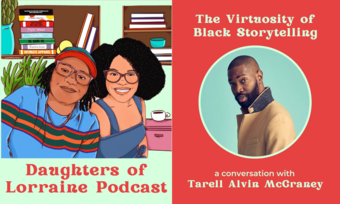



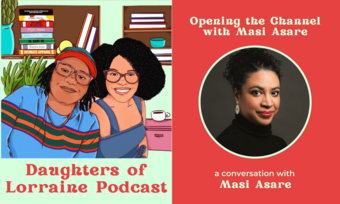




Comments
The article is just the start of the conversation—we want to know what you think about this subject, too! HowlRound is a space for knowledge-sharing, and we welcome spirited, thoughtful, and on-topic dialogue. Find our full comments policy here